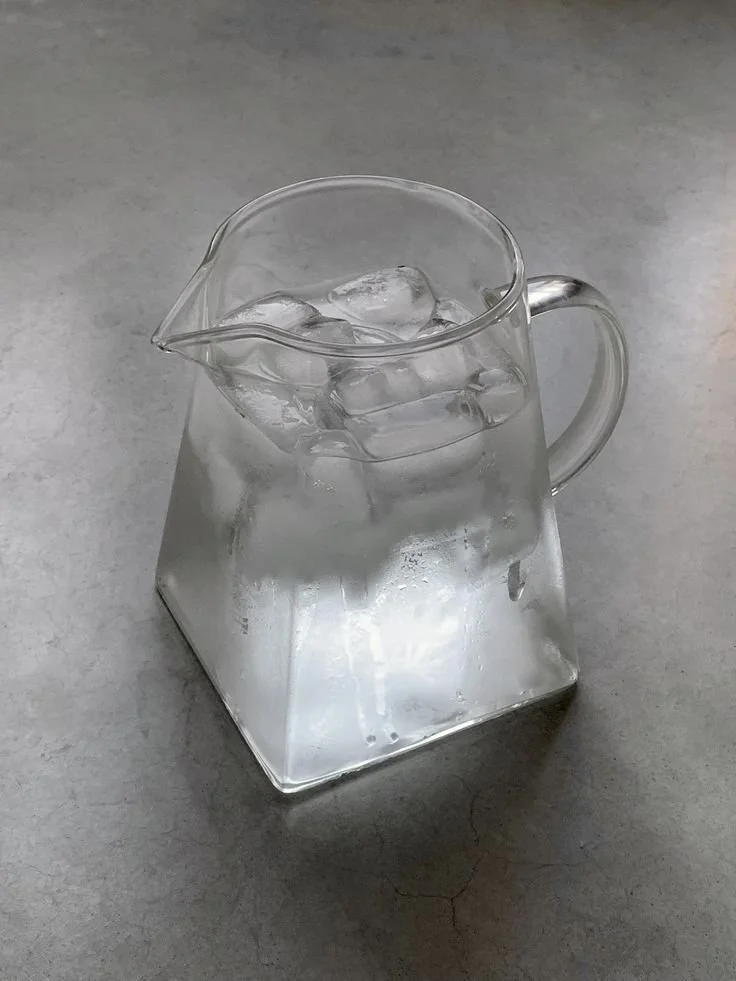Does Ozempic Lead To Gallstones?
Are you considering taking Ozempic to manage your type 2 diabetes? If so, you may have discovered some information about a potential side effect: gallstones. This can be concerning, especially if you or someone you know has struggled with gallbladder issues in the past.
Many are confused about whether the use of Ozempic can lead to gallstones or not. In this article, we shed light on the connection between Ozempic and the risks of developing gallstones, providing insightful answers to frequently asked questions regarding this important health concern. If you experience complications from using Ozempic, ensure you look for a product liability lawyer who can assist in fighting for your rights.
No. 1
What Are Gallstones?
Before we delve into the connection between Ozempic and gallstones, let's first understand what exactly gallstones are. A gallstone is a hardened deposit of digestive fluid that can form in your gallbladder. These stones can vary in size between grains of sand and golf balls.
Gallstones can comprise cholesterol or bilirubin, a pigment produced by the liver. While most people with gallstones do not experience any symptoms, some may experience pain in the upper abdomen, nausea, vomiting, and jaundice.
No. 2
The Link Between Ozempic and Gallstones
So, does Ozempic use lead to gallstones? According to recent studies and reports, evidence suggests a potential link between the two.
Ozempic belongs to a class of drugs called GLP-1 receptor agonists, which work by regulating glucose levels in people with type 2 diabetes. These medications, however, have been linked with an increased risk of developing gallstones.
A study by Liyun He and colleagues discovered that using GLP-1 RAs to reduce weight for more extended periods at greater doses was linked to an increased risk of biliary or gallbladder disorders. Since Ozempic is a long-term diabetes treatment and has been shown to also aid in weight loss, this could potentially increase the risk of developing gallstones.
No. 3
The Importance of Speaking with Your Doctor
If you are considering taking Ozempic or already using it, discussing any concerns about developing gallstones with your doctor is crucial. They can evaluate your risk factors and guide you on the best treatment course for managing type 2 diabetes.
It is also essential to monitor for symptoms of gallstones while taking Ozempic and report them to your doctor immediately. As with any medication, potential side effects may need to be addressed promptly.
No. 4
Seeking Legal Help for Ozempic Complications
While the evidence linking Ozempic to gallstones is not yet conclusive, if you do experience complications from using this medication, it is essential to seek legal help. Product liability lawyers can assist you in fighting for your rights and obtaining compensation for harm caused by using Ozempic.
Takeaways
While Ozempic use may potentially increase the risk of developing gallstones, it is crucial to speak with your doctor before making any changes to your treatment plan. By closely monitoring your symptoms and consulting a healthcare provider, you can ensure proper care for managing type 2 diabetes while minimizing potential risks.
If you experience any complications, seek legal advice to protect your well-being. Remember, your health and well-being should always be a top priority. So stay informed, communicate with your doctor, and make the best decisions for your overall health.
LOOKING FOR WELLNESS RESOURCES?
Are you looking to enhance your wellness routine? Explore our wellness partners who offer a wide range of resources to support your journey toward holistic living and well-being.






























